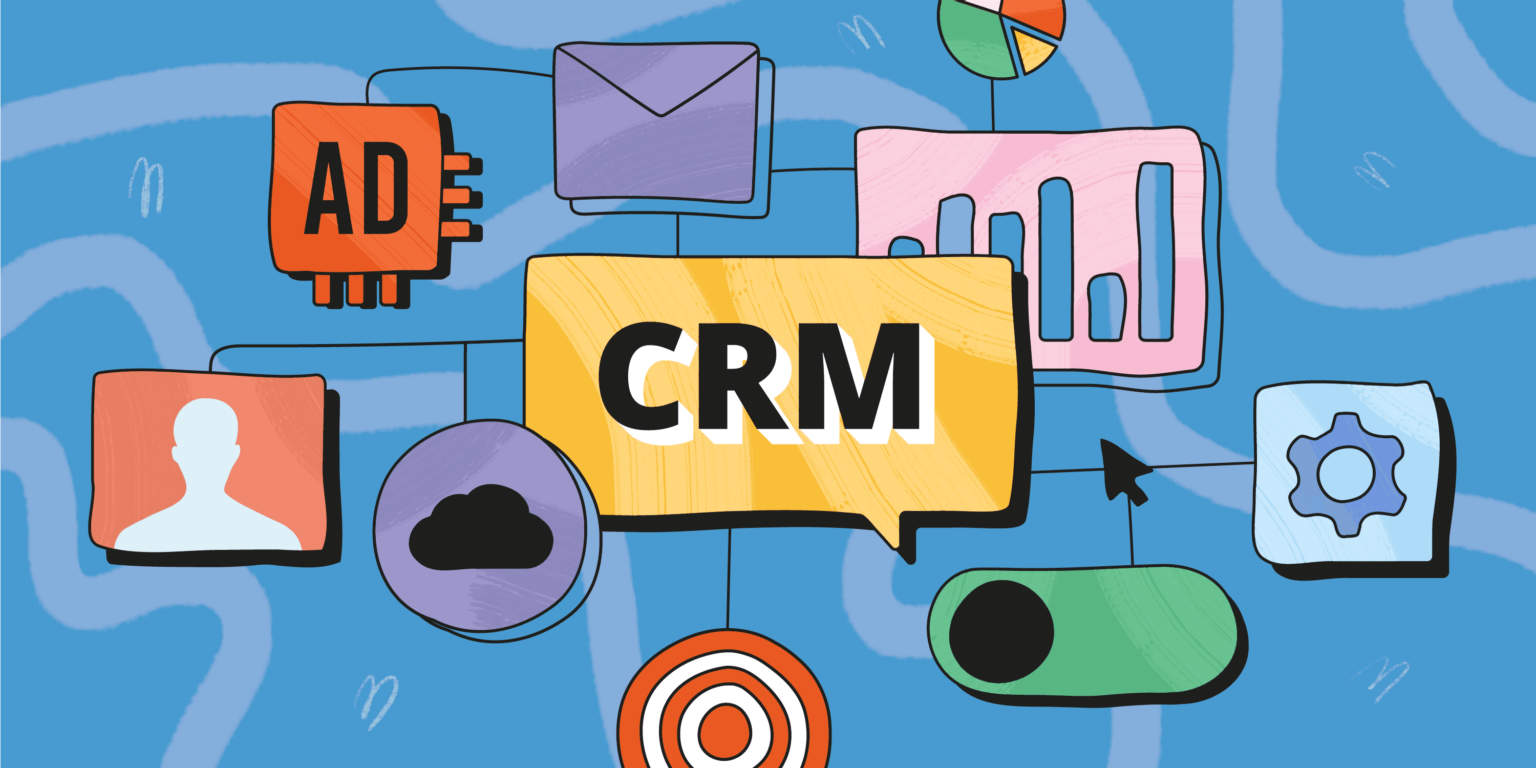CRM(Customer Resource Management)
- Home
- CRM(Customer Resource Management)

With the use of CRM (Customer Relationship Management) software, organisations can better organise and manage their interactions with clients at every stage of the client lifecycle. It offers a centralised platform for keeping track of contacts with customers, storing customer data, and automating different sales, marketing, and customer service procedures. These are some of the main advantages and features of CRM software:-
CRM software enables companies to store and manage specific customer data, such as contact information, communication history, purchase history, and preferences. It offers a comprehensive picture of each customer, enabling tailored interactions and a deeper comprehension of their needs.
1. Management of Leads and Opportunities: CRM software aids in the tracking and management of Leads and Opportunities at various points in the sales pipeline. It enables sales teams to rank prospects, distribute duties, monitor conversations, and project sales. This guarantees effective lead management and raises conversion rates for sales.
2. Sales Automation: Automating repetitive sales operations like data entry, lead assignment, follow-ups, and quote production is possible with CRM software. This expedites the sales process, saves time, and boosts the effectiveness of the sales team.
CRM software combines with marketing technologies to automate marketing efforts, monitor consumer feedback, and assess the success of such initiatives. It makes it possible to target marketing, nurture leads, and aid companies in locating high-value leads.
3. Customer Service & Support: By keeping track of customer questions, problems, and solutions, CRM software makes it easier to manage effective customer service. It enables companies to offer prompt, personalised service, which raises client satisfaction.
4. Analytics and Reporting: CRM software offers powerful analytics and reporting features that help firms understand sales success, consumer behaviour, and other key business data. Making educated business decisions and discovering areas for development are made easier with the support of this data-driven approach.
5. Scalability and Integration: CRM software frequently connects with other enterprise resource planning (ERP), marketing automation, and help desk software systems. This improves overall corporate efficiency by allowing for seamless data flow across various divisions. CRM software often has the ability to scale to support expanding enterprises and growing customer data.
Salesforce, Microsoft Dynamics 365, HubSpot CRM, Zoho CRM, and Pipedrive are a few well-liked CRM software solutions. The size of the company, industry-specific requirements, budget, and desired features are just a few of the variables that influence the choice of CRM software. It's crucial to compare several CRM options and pick the one that best suits the demands and objectives of your organisation.

